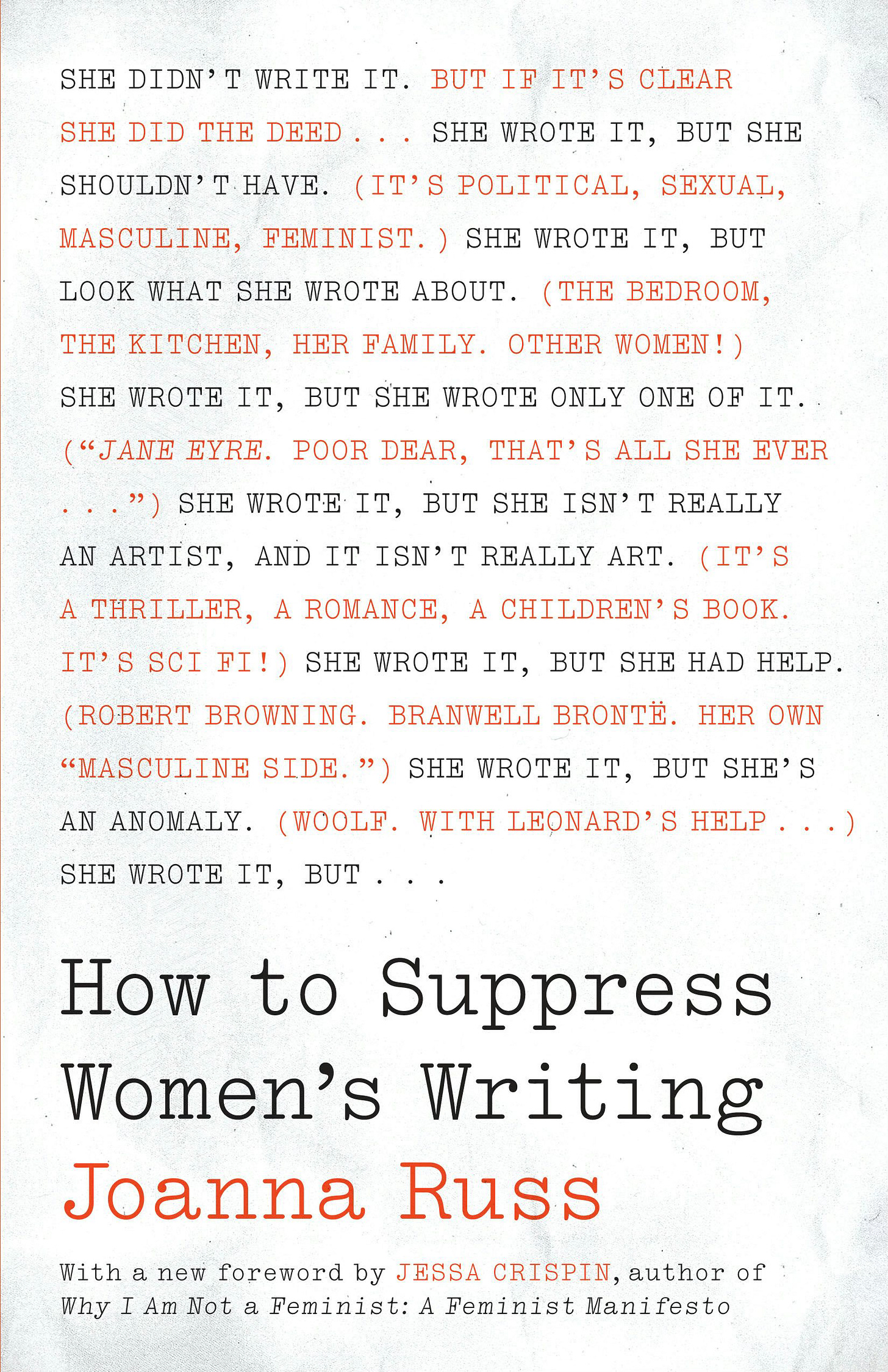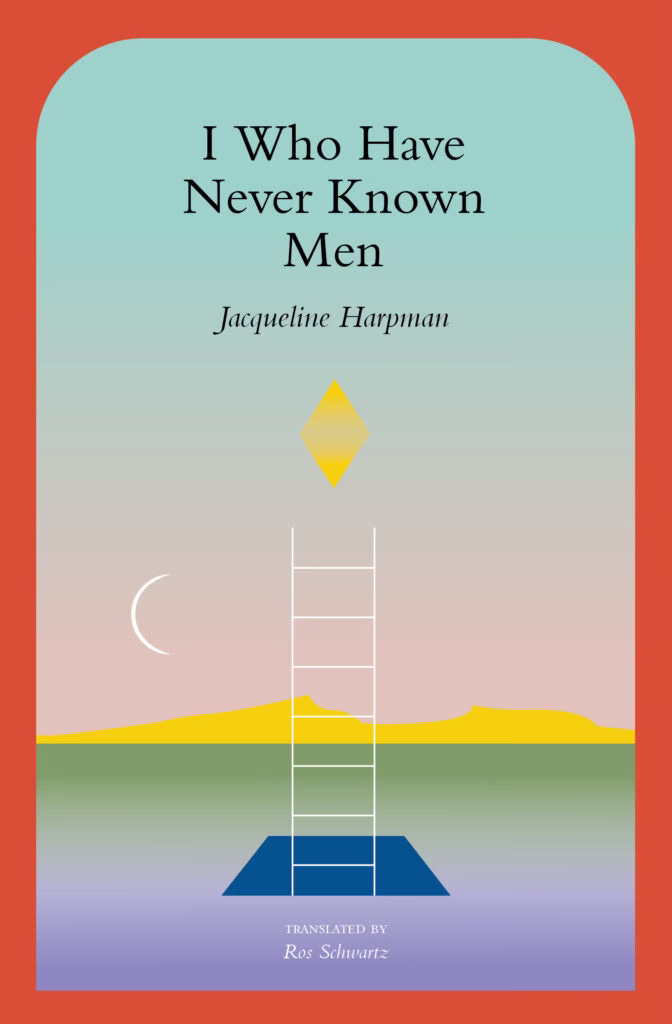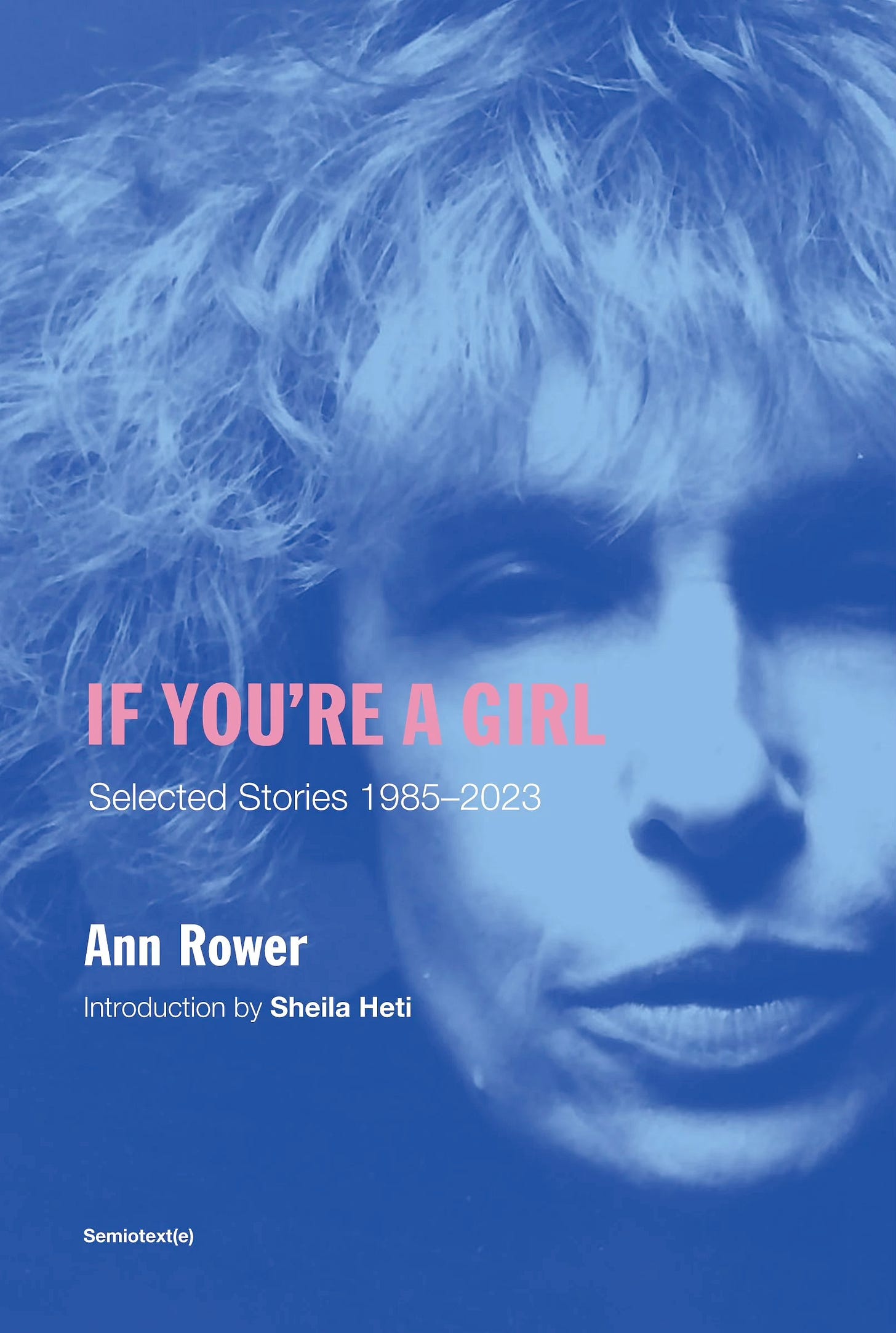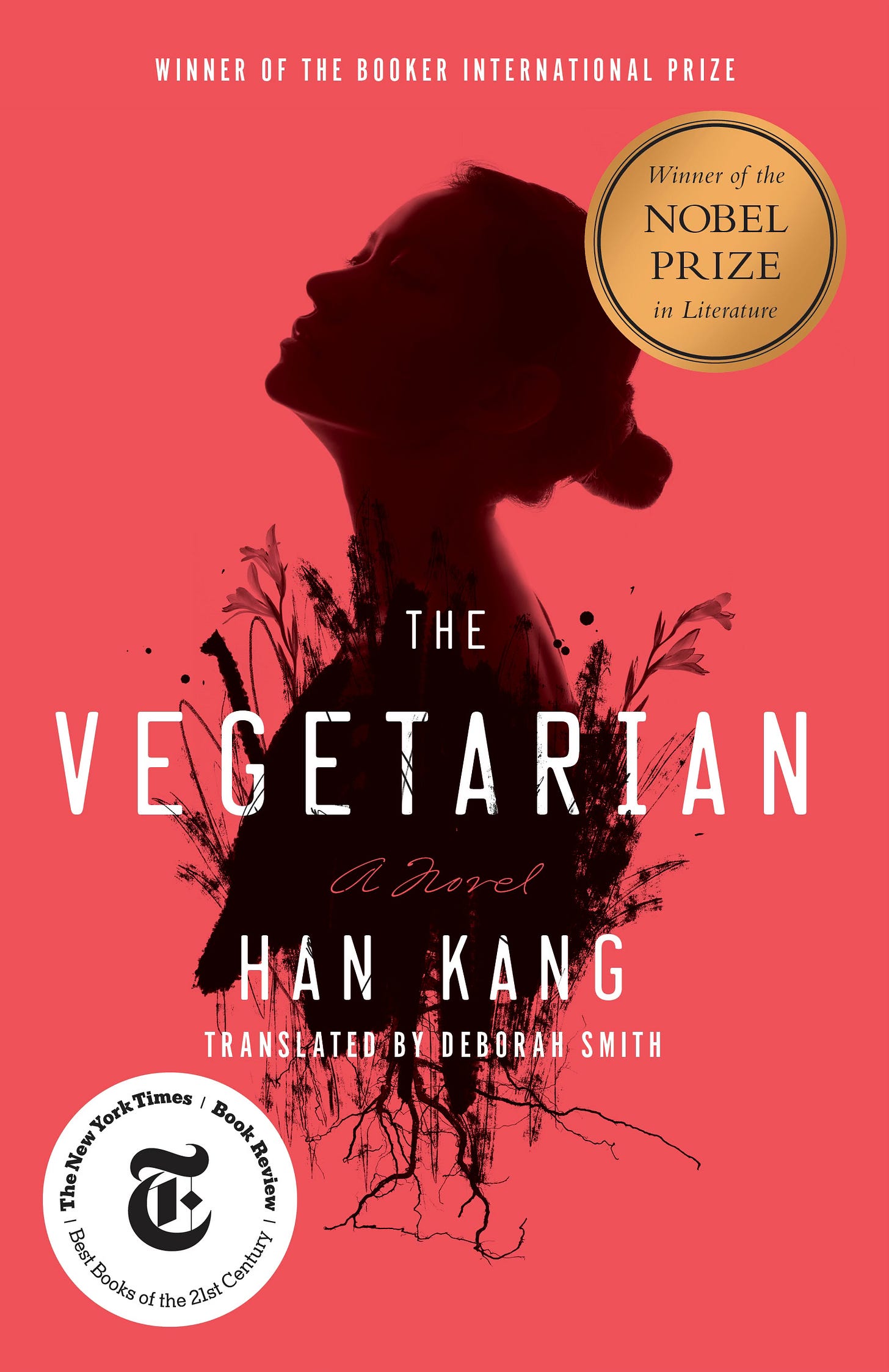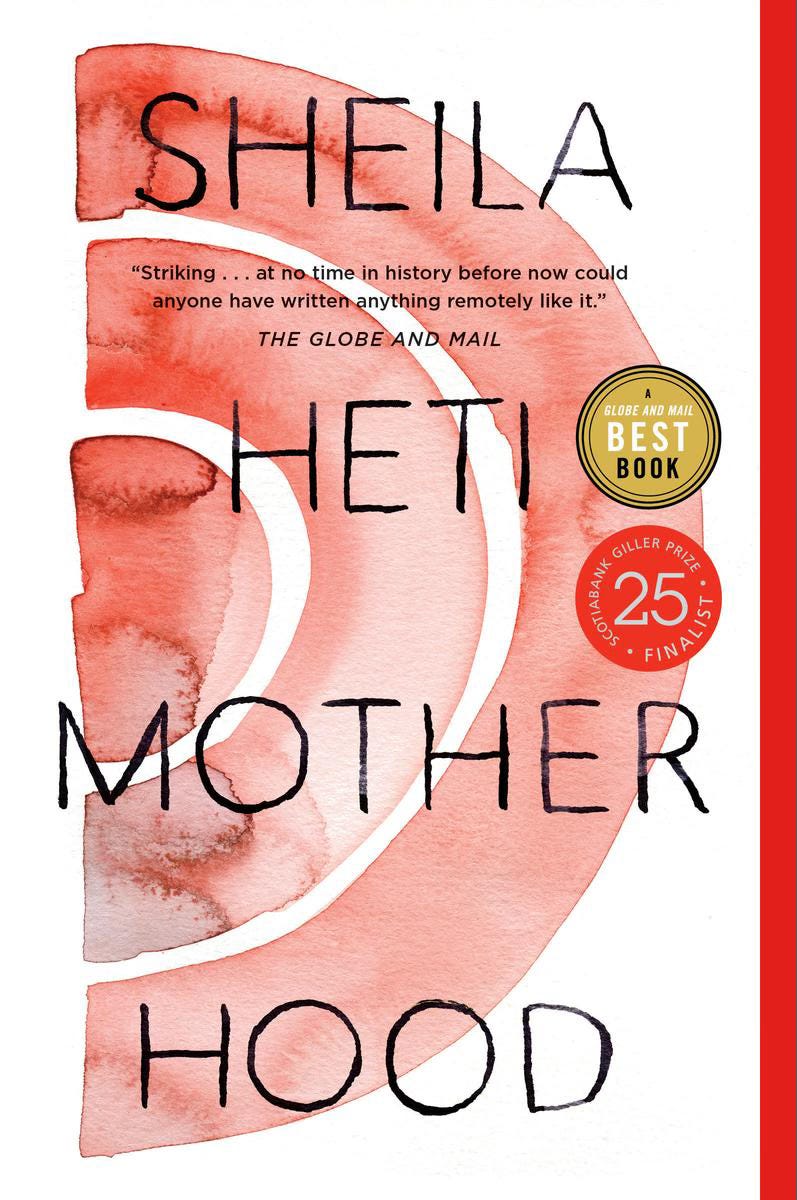A book a week
Ten recommendations from my reading practice
When I was a child I was a voracious reader. For a long time I have wanted to return to the practice of voracious reading and have set a goal for myself of reading 52 books in a year, or a book a week. I have continued to fall short of this goal due to my eroded attention span from chronic social media use, and the ebbs and flows of my crazy life and complex trauma. This year, I am on track to read 52 books by the end of the year and I think I’ll make it. It feels deeply good to be reading so much, and it feels like reconnecting with a deeply important part of me.
I consider reading a political act. It is an insistence on protecting our attention spans and capacity for deep, slow thought in a time when these things are under attack by capitalism. Literacy is being eroded, and not just the literal ability to read, but also people’s attention spans and capacity to be with ideas for extended periods of time. I also consider reading a spiritual act. Reading fiction is not less important than reading nonfiction — in fact, I think reading fiction is more important. Fiction and literature generally (stories, narrative, whether they been true, invented, or a mix of both) is an exercise in empathy, a practice of living inside someone else’s perspective. This is a deeply spiritual practice, and something the world needs right now. Telling and receiving stories is one of the most deeply human things we can do.
I know many of you are on a path toward more reading. It’s been awhile since I’ve shared recommendations and highlights from my reading practice, so I’ve decided to share some today. I hope to make this a more frequent practice here. Also, check out my bibliography for a long list of works that matter to me. And as always, I encourage you to boycott Amazon. Amazon is evil for so many reasons one of which is that it is killing independent bookstores and small presses. Buy your books at your local indie bookstore if possible or find independent online retailers (do your research because Amazon owns a bunch of online book retailers.) Listen to audio books through Libro.fm, an independent alternative to Amazon-owned Audible that supports indie bookstores, and track your reads on StoryGraph, an independent alternative to Amazon-owned Goodreads (you can transfer all your data from Goodreads, don’t worry).
How to Suppress Women’s Writing by Joanna Russ
Joanna Russ wrote this book three years before I was born, and yet its message resonates clearly. I recommend this book to every woman writer, every woman who wants to write, and everyone who reads, goes to school, or is otherwise engaged in the work of ideas. It is a breakdown of the specific ways women writers are devalued and their work is dismissed. It is a balm for the soul of those of us who do the hard work of writing only to be met with ridicule and dismissal, no matter how successful we are. It is also a wake up call to all of us who swim in the waters of misogyny and may not be conscious of the ways that misogyny shapes how we receive and interact with the work of women writers.
To illustrate the point — compare here these two quotes from Russ’s book to this hater talking shit about me on Twitter:
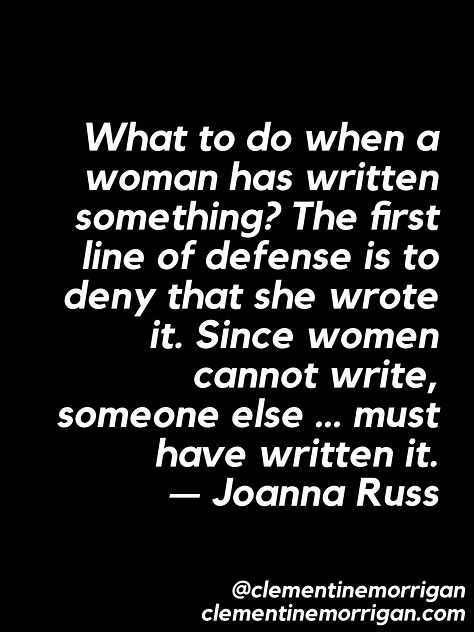
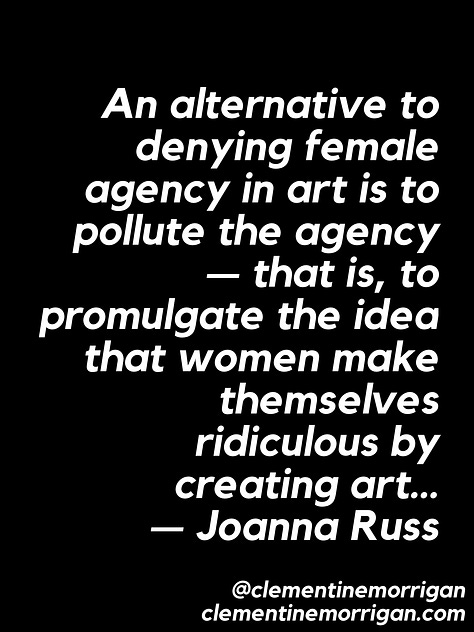
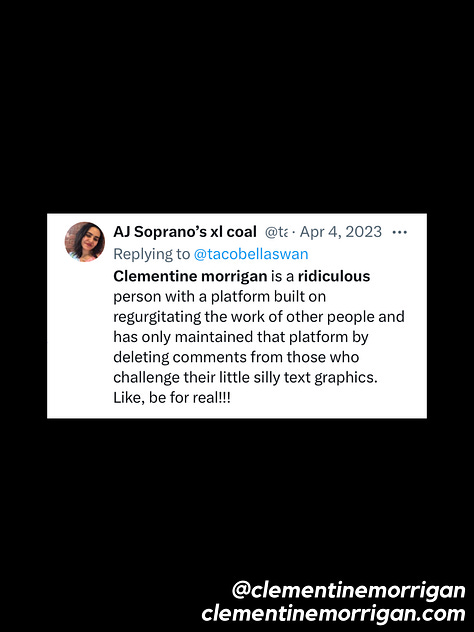
I am repeatedly accused of plagiarism by my haters, though they never specify who it is they think I am ripping off. I am also always mocked and ridiculed, laughed at and dismissed. The treatment of women writers is intentionally humiliating, especially if we are rule breakers or culture changers. When we say things the world isn’t quite ready to hear (which is literally the job of a writer) we will be treated with extra scorn. If you are called to the path of writing and you are a woman, this book is a must read.
I Who Have Never Known Men by Jacquline Harpman
There is a very short list of books that I feel compelled to read over and over again. I Who Have Never Known Men immediately became one of those books. This book is absolute literary giant and one that I recommend to everyone who loves strange, challenging fiction. I won’t say too much about it here because it is a story that one must discover for themselves.
It begins in a cell where a group of women are caged. The protagonist is a child, the youngest in the group. She does not remember her life before being locked away there, and she has no knowledge of how she got there. The older women too are unable to say how they arrived there. They live out their daily lives in the cell while two male guards circle them, never speaking to them or interacting with them, beyond preventing the women from inflicting violence on themselves or others. The story sets off from there.
It is a profound, strange, and haunting novel. It has something to tell about the importance of language and storytelling to the human experience. My partner C., who read it because I recommended it, said the most thoughtful thing after reading it. He said he could tell why it resonated with me, because of the importance of books and reading to the protagonist, but also because a direct relationship with her body (her heartbeat) becomes the beginning of all further knowledge.
I won’t say more because I want you to discover this book for yourself. But here is a quote:
“Since I barely venture outside these days, I spend a lot of time in one of the armchairs, rereading the books. I only recently started taking an interest in the prefaces. The authors talk readily about themselves, explaining their reasons for writing the book. This surprises me: surely it was more usual in that world than in the one in which I have lived for people to pass on the knowledge they had acquired? They often seem to feel the need to emphasize that they wrote the book not out of vanity, but because someone asked them to, and that they had thought about it long and hard before accepting. How strange! It suggests that people were not avid to learn, and that you had to apologize for wanting to convey your knowledge.”
If You’re A Girl (Expanded Edition) by Ann Rower
If You’re a Girl was first published in 1991 when Ann Rower was in her 50s. It was her first book but she was an established writer and theatre worker in the New York City scene. In the 2020s, Chris Kraus, her publisher, contacted Rower, now in her 80s, to ask about republishing the book in a new edition. Ann Rower hadn’t been writing or publishing in the last 20 years, following the suicide of her partner, writer Heather Lewis. Rower was excited about the opportunity to rerelease her book and this lead to an explosion of new writing. A new book was created out of the process, one that combined the original writing from the 1991 If You’re a Girl with new writing from Rower in her 80s.
The book is autofiction, mixing fiction and memoir. It moves between time periods in Rower’s life — she reflects in her 50s on her early queer experiences and first coming out when she was a teenager, she tells us in her 80s about her attraction to her physical therapist. The writing is raw, funny, irreverent and also touches on deep love and pain. It is so rare to read across a lifetime like this and so rare to have the honour to read a queer woman in her 80s. For every queer woman who wants to know her history and lineage, for everyone who reads autofiction and memoir, you don’t want to miss this one.
The Vegetarian by Han Kang
The Vegetarian by Han Kang is a gorgeous and disturbing novel written in three connected stories about misogyny in contemporary Korea. The main character, Yeong-hye, suddenly decides to stop eating meat after she begins having terrifying nightmares. This sets off a chain of events in which her husband and family try to encourage and then force her to eat meat again. Her resistance continues and she begins to eat less and less while demonstrating stranger and stranger behaviour.
The first two stories are written from the perspective of men (her husband, her brother in law) and the third is written from the perspective of her sister after Yeong-hye has lost her freedom. The book brilliantly reveals the suffering and embodied resistance of a woman living under misogyny from the perspective of those who belittle her, fetishize her, or attempt to control her without trying to understand her.
Gorgeous fiction for those interested in misogyny, embodied resistance, madness, eating disorders, and psychiatrization.
Motherhood by Sheila Heti
Motherhood is my favourite of Sheila Heti’s books. It is autofiction that closely follows the narrator’s internal thought process as she struggles with the question of whether or not to become a mother in the second half of her 30s. This experience — the experience of struggling with the question of motherhood as the fertility window closes — is extremely common and almost never written about. It is an aspect of the human experience that has not been explored in literature (to my knowledge) until this book.
Heti is an inventive storyteller. Much of the story takes place through the narrator’s conversations with a system of divination using flipped coins, based on the I Ching. The question of whether or not to become a mother becomes a spiritual struggle but it is not clear which decision would represent a victory. The question of motherhood is usually presented as a question of knowing: those who have always known they want to become mothers, and those who have always known they don’t. In Motherhood the narrative structure of moving toward the goal of Motherhood or confidently refusing it falls away. Instead we are left with a spiritual struggle, a compulsive, repetitive looping, an obsession without a clear answer in sight.
I recommend this book to everyone because there is so little representation of this common human experience.



